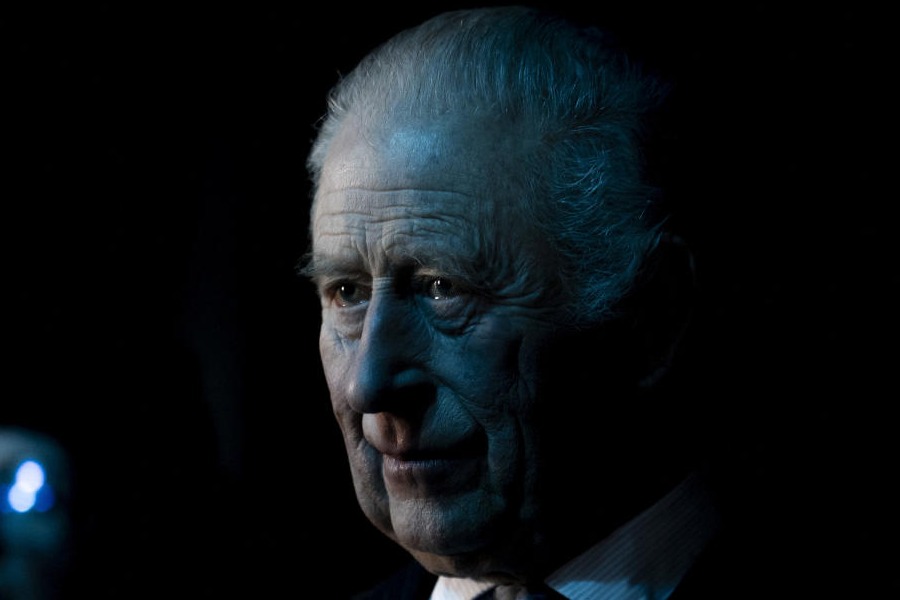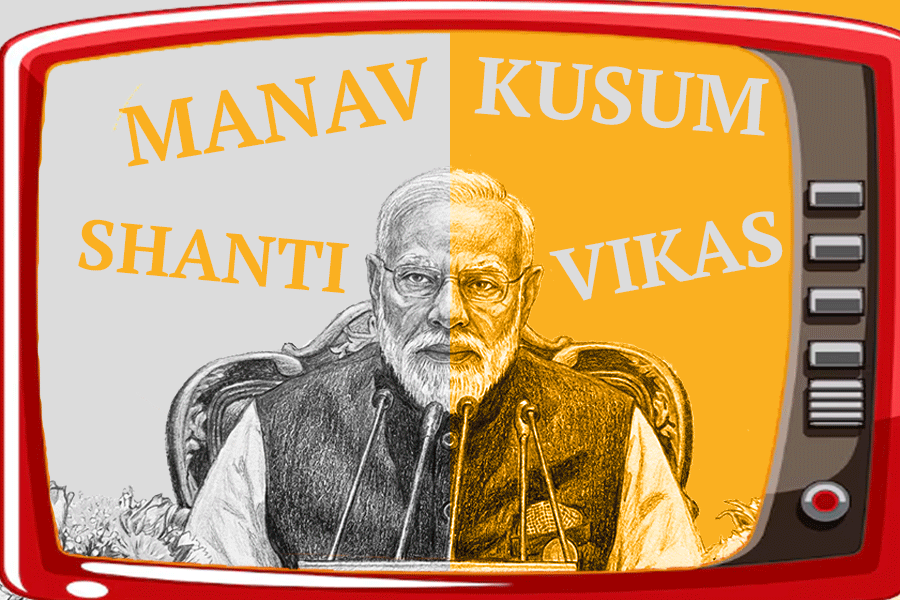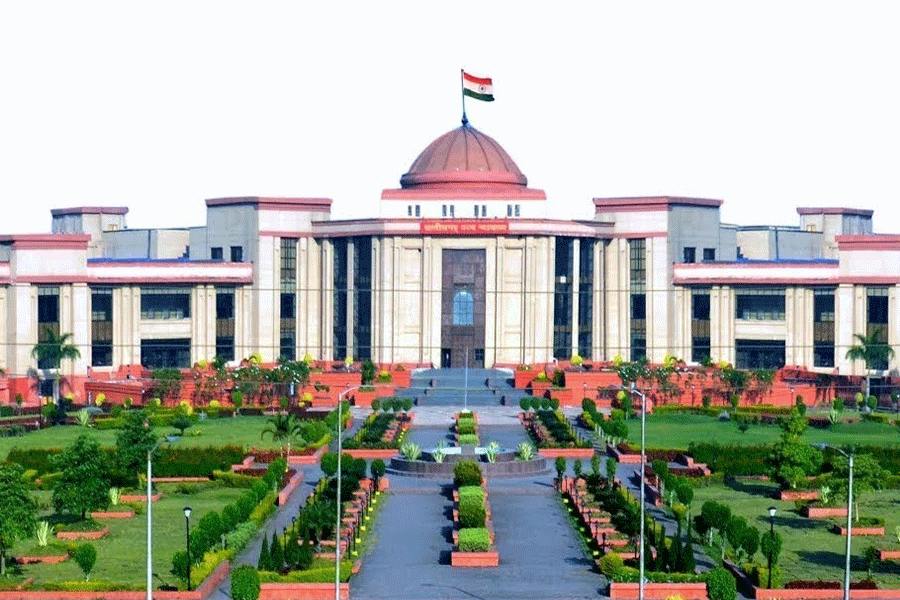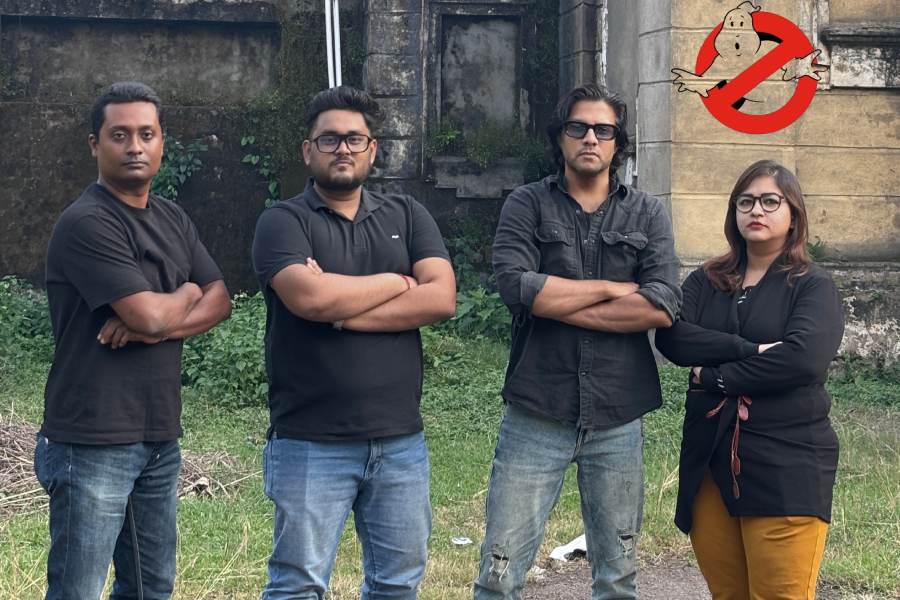In India, there is a growing dissonance between the intent of child protection laws and their real-world consequences in the case of adolescent relationships. A judicial hearing on lowering the age of consent is underway. The Centre, noticeably, has not only strongly opposed the lowering of the age of consent from 18 to 16 but also argued against including an exception to the law to exclude sexual activity between consenting adolescents between the age of 16 and 18 from the scope of the Protection of Children from Sexual Offences Act and relevant legislations in order to decriminalise voluntary adolescent relationships. The Centre’s reasoning is that a diluted law or a lowered age of consent risks opening the floodgates of trafficking and other forms of child abuse. This is not without reason. The National Crime Records Bureau data show that in 2022, almost three girls on an average were trafficked each day. But there is another side to this delicate matter that requires urgent introspection. Adolescence is the natural age when romantic feelings awaken and sexual exploration takes place among youngsters. Blanket criminalisation of consensual adolescent intimacy is thus not the answer. In fact, the Law Commission when reviewing this matter had noted that the severity of the POCSO Act occasionally inflicted lifelong damage on young people who are persecuted for engaging in consensual sexual activity and that the law often becomes a weapon in the hands of authoritarian families in a patriarchal and casteist society that does not respect a women’s right over her body. Data also show that the criminalisation of young relationships leads to young boys being prosecuted and girls ending up in shelters — the latter are known hotspots for trafficking, nullifying the spirit of protectionism.
Internationally, 141 countries have set the age of consent to 16 or lower with stringent safeguards against coercion and abuse. But the Law Commission thinks that the answer lies not in lowering the age of consent given the challenges in the Indian context but in crafting a more nuanced legal framework. This might indeed be the best way forward. Such a framework could include ‘close-in-age’ exemptions for consensual relationships for those within the 16-18-year-old age bracket, judicial discretion to assess the nature and context of each case, and mandatory sex education to empower young people with knowledge about consent, boundaries, and safety. Only then can a balance be struck between protection of and autonomy for adolescents.










